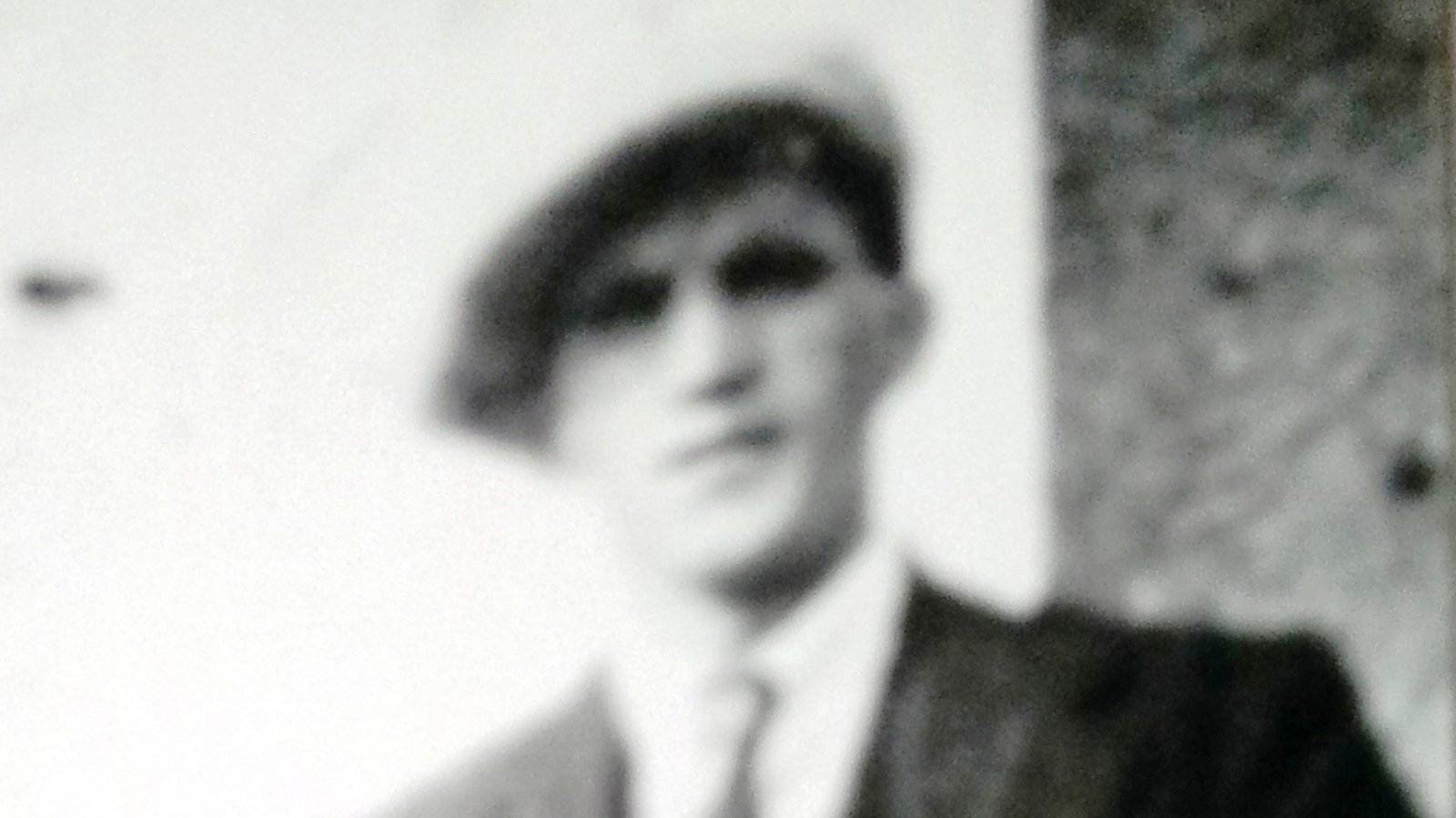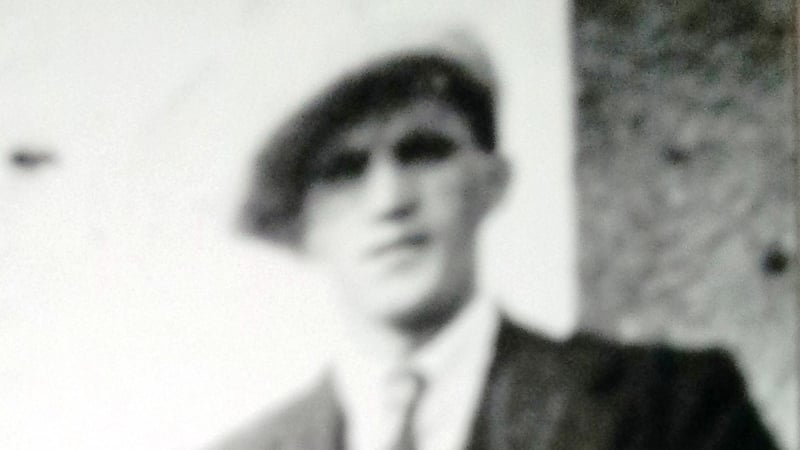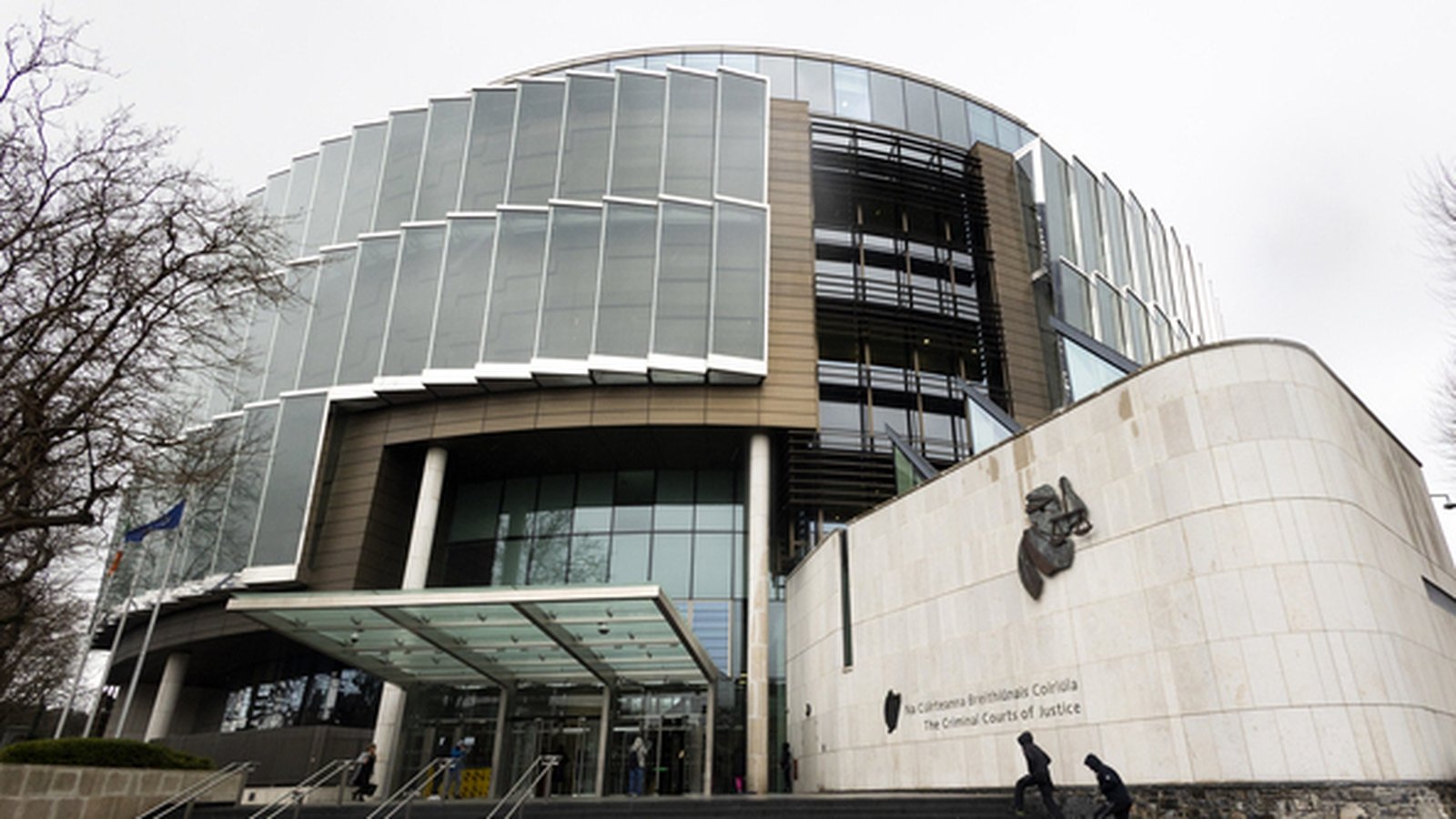Project aims to find remains of man pardoned for murder


An area on the grounds of Mountjoy Prison is to be excavated in order to recover the remains of 29 prisoners executed there between 1923 and 1954.
It is hoped that the remains of Harry Gleeson, the first man in the history of the State to be posthumously pardoned, will be among those recovered.
He was executed on 23 April 1941 for the murder of Moll McCarthy, who was shot dead in Tipperary in November 1940.
Gleeson, a neighbour of Ms McCarthy, who was a single mother of seven, reported the discovery of her body. Five months later he was hanged for her murder.
In 2015, President Michael D Higgins signed an order to exonerate Gleeson.
Kevin Gleeson, grand-nephew of Harry Gleeson, said that his family were hopeful and optimistic that they would have his remains returned to them as soon as possible.
Speaking on the RTÉ News at One programme, Mr Gleeson said that after the pardon, the return of the remains was something the family pushed hard for.
We need your consent to load this rte-player contentWe use rte-player to manage extra content that can set cookies on your device and collect data about your activity. Please review their details and accept them to load the content.Manage Preferences
He said that over the last number of years, family and friends have had the opportunity to view and visit the area at Mountjoy Prison, including the room where Harry Gleeson was hung. However, he said that it would mean more to have the opportunity to go pay their respects at a burial plot or graveyard.
Mr Gleeson added that the plans were to bury his grand-uncle’s remains with his parents and some of his siblings in the old graveyard in Holycross.
Mr Gleeson said that Harry Gleeson’s siblings did not get to witness what happened in terms of his innocence proven, but his nieces and nephews are still alive.
He added that it was still important for those in the family to see this and see his remains being brought home.
The Department of Justice said that some of the remains that will be recovered during the project may include the remains of a small number of prisoners “executed prior to the foundation of the State”.
“Any remains discovered during the excavations, regardless of the date of the individual’s death, will be reinterred at a suitable location,” it said.
The Department of Justice said that work will begin this month and is expected to take around six months to complete.





